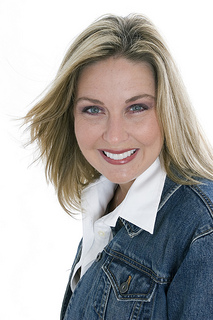Five Common Reasons for Emergency Care Visits
January 4th, 2023

A dental emergency can strike anywhere, anytime, and without warning. Perhaps you’re playing a game of touch football on Thanksgiving and your brother-in-law decides to up the ante and tackles you, accidentally knocking out your two front teeth. Or maybe you’re on vacation somewhere in the tropics and decide to go deep-sea fishing, but when you’re climbing onto the boat you slip on the dock, fall, and chip three of your teeth. From misplaced fly balls to bagel seeds causing a painful bout of inflammation, there are all kinds of dental emergencies.
Here are the five most common reasons for emergency care visits.
- Somehow you've managed to knock out a tooth. Whether it's the result of a sports injury or because of decay, when you lose a tooth, you need emergency dental care. If the tooth is salvageable, then it can be reattached to the socket, but this needs to be done within a one- or two-hour window.
- A chipped tooth is the most common dental emergency. Small chips can be caused by food (chicken bones and nuts have sent many people to the dentist); however, it's usually some sort of accident or injury that more often causes a chip. While you might be embarrassed to walk around with a gaping chip in your front tooth, it is easily fixed with a bond, crown, or veneer.
- A broken tooth is more severe than a chipped tooth. When a tooth breaks, it might be due to a small or hidden chip. However, chances are the pain and discomfort will be more severe.
- It might seem comical, but getting a piece of food lodged in the wrong place can result in a dental emergency. If something gets stuck deep in a crevice, it can cause pain and inflammation.
- The loss of a filling happens more often than you think. When you lose a filling, you need to receive emergency care immediately. If you don’t, you risk further damage to your tooth.
When you injure your teeth or mouth, you need to seek emergency care as soon as possible. In the event of a suspected emergency, don't wait. Contact Dr. Max Mosslehi immediately.











 Website Powered by Sesame 24-7™
Website Powered by Sesame 24-7™